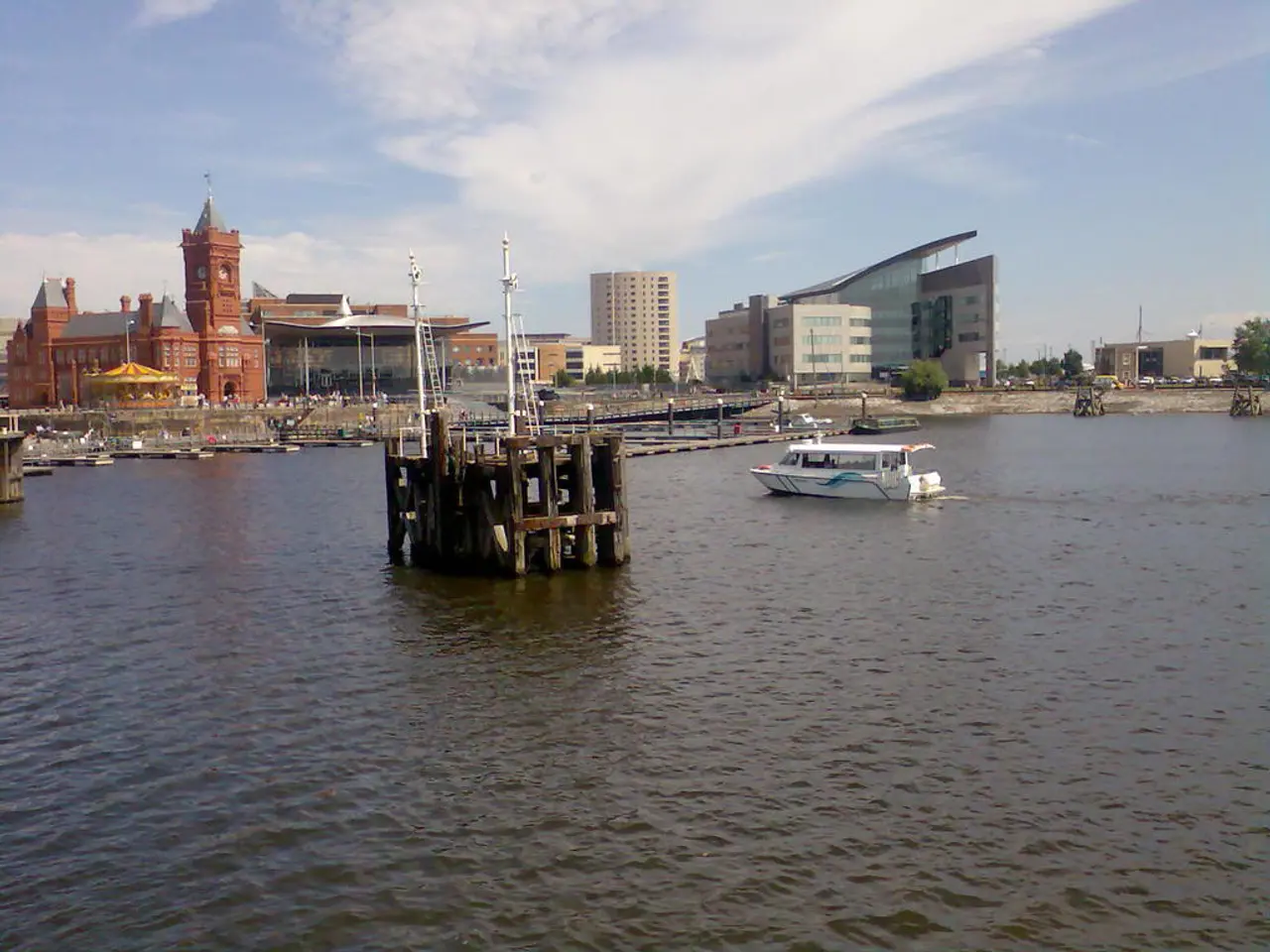Coastal Regions of Kerala, India Under Scrutiny
In the picturesque southwestern Indian state of Kerala, sustainable tourism is a delicate dance between preserving the region's unique charm and fostering economic growth. The tranquil backwaters, palm-fringed beaches, and bustling Port of Cochin have captured the hearts of visitors worldwide, but their conservation comes with challenges.
The high number of houseboats navigating the backwaters and tourist boats on the waterways is a concern, as it is perceived to diminish the tranquility and spirit of the place. Unplanned urban development has also recently proliferated, causing concern. Yet, Kerala's style and level of tourism development resemble Costa Rica in 1995, showing potential for a sustainable future.
The local government is leading conservation efforts for the region, emphasizing the need for culture preservation and controlled development of its coastlines and backwater areas. The Port of Cochin, a UNESCO World Heritage Site, is witnessing significant heritage restoration and preservation efforts, thanks to the support of the government and some eco-minded entrepreneurs.
However, the tourism industry faces several challenges. Nearly half of Wayanad's tourism-related constructions operate without valid licenses, violating environmental regulations and posing risks in environmentally sensitive zones. Plastic pollution remains a persistent problem, despite efforts to enforce a plastic ban. Tourism developments often lack compliance with environmental standards, leading to ecological degradation and human-wildlife conflicts. Many tourism properties also lack basic safety measures and compliance with necessary environmental regulations.
To address these issues, Kerala is implementing various solutions. The state is setting up green checkposts at hill stations to enforce a plastic ban, starting from October 2, 2025, and promoting public participation. Kerala was awarded the TOFTigers Sanctuary Asia Award for sustainable tourism in 2024, highlighting the state's commitment to sustainable practices. The state is scaling up production of eco-friendly substitutes like cloth bags and biodegradable packaging through the Kudumbashree Mission.
High-value tourism initiatives, such as the country's first Wedding and MICE Conclave, are being introduced to boost sustainable and responsible tourism practices. Efforts to replicate the Munnar Green Corridor across other hill destinations, focusing on community engagement and sustainable alternatives, are underway.
The region's ecological condition is better compared to many other parts of the country, thanks to these efforts. The Kerala Tourism Department is commended for its commitment to environmentally conscious tourism. As Kerala continues to balance development and conservation, it serves as an inspiring example for other regions striving for sustainable tourism.
- Sustainable conservation efforts in Kerala seek to preserve the region's unique charm, emphasizing both culture preservation and controlled development of its coastlines and backwater areas.
- The high number of houseboats and tourist boats navigating Kerala's waterways, as well as unplanned urban development, are concerns that threaten the tranquility and spirit of the region.
- In order to address these challenges, Kerala is implementing solutions such as setting up green checkposts to enforce a plastic ban, promoting public participation, and scaling up production of eco-friendly substitutes.
- The state's commitment to sustainable practices has been recognized, with Kerala being awarded the TOFTigers Sanctuary Asia Award for sustainable tourism in 2024.
- High-value tourism initiatives like the country's first Wedding and MICE Conclave are being introduced to boost sustainable and responsible tourism practices, while efforts to replicate the Munnar Green Corridor in other hill destinations are underway.






